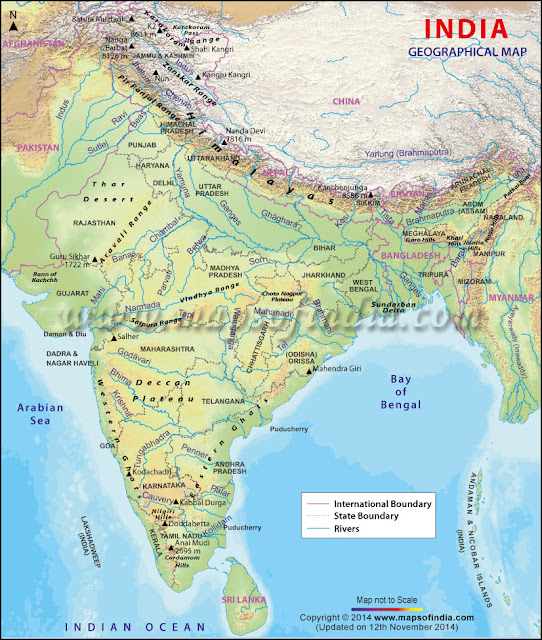Role of the Police in Communal Violence in India
ssc preparation, important competetion questions, current affairs of india, latest question asked in competetion papers,
The role of the police in communal violence is to arrest trouble shooters, disperse rioters congregated at one place, protect public property from loot and arson, prevent the spreading of rumours (which instigate people of different communities in other districts and states), and maintain public order.
The police cannot perform the role of enforcing law and order without the active cooperation of politicians, bureaucrats, judiciary and the people at large. It is seen that, by and large, the bureaucrats in our country are ritualists, politicians function on the basis of vested interests, judicial officials are traditionalists, and people have no confidence in the police.
The police have, thus, to face many constraints in playing the roles expected of them. Controlling riots and preventing communal violence by police have, therefore, to be examined in the background of these constraints. The prevention of communal violence requires a check on the symptoms of tension building and tension management in riot-prone areas. The police has to identify riot-prone structures in states, districts and cities where communal riots take place frequently and keep a watch on the various polarity-based clusters of population in the city layouts. Clusters of polarity-based populations are not alike.
A cluster can be predominantly fundamentalist or liberal or radical or a mixed one. Clusters vary in their occupations, behavioural patterns and response to leadership. Keeping a watch on individuals in different clusters and their militant tendencies and modus operandi is vital for the police to identify sensitive zones, common meeting places, targets of violence, insecure belts, hide- outs and shelter places at the time of rioting.
Tension management in riot-prone areas requires working out indices in relation to intergroup conflicts. These indices are: identification of tension building issues, discovery of group anxieties, treatment of issues and restoration of fractured status, negotiation, mobilization of functional group and stopping of rumours. Rumour management involves isolation of rumour zone, counter-balance, rendering rumour mongers inoperative and sensitizing public administration.

Comments
Post a Comment